Perfectionism in Music
"Jazz stands for freedom. It's supposed to be the voice of freedom: Get out there and improvise, and take chances, and don't be a perfectionist..." - Dave Brubeck
When I began playing the guitar at 11 years old, I was intrigued by how the instrument sounded. I wondered how players such as Eddie Van Halen and Steve Vai could get the instrument to produce what I heard on their albums. Later, I was amazed by accomplished improvisers like my first mentor, jazz guitar great Jimmy Bruno. Despite the challenges and frustrations, I enjoyed the learning process.
As hard as I worked to improve my guitar-playing skills, my primary drive was toward expression, not perfection. My motivation was to work through the challenges and find my own voice. By 16, I reached a point as a guitarist where others were willing to pay me to play and teach.
When I was 18, I came very close to quitting music altogether. I had read an interview with one of my favorite guitarists, Eric Johnson. The preamble to the interview referred to Johnson as a perfectionist. Despite not knowing what that meant, I dove head first into perfectionism.
This rigor went on for approximately six months, during which time I felt that everything I played was horrendous. Rather than easing up, I decided to drive myself even harder. The more I pushed myself, the harsher the criticism of my playing became. I could do no right.
Eventually, I reached a point where I verbally lashed out at an audience member during a set break on a gig. Why? He complimented my playing. A close friend overheard my rebuff; he confronted me about it, and I am glad he did.
During the confrontation, I experienced a moment of clarity: I had no idea why I had adopted such an ideal in the first place. I never even stopped to define perfectionism in music for myself. Perfection appealed to me only because another guitarist I admired was one; being a perfectionist sounded like what I needed to improve.
If anything, the enormous stress I placed on myself caused me to play far worse than before. What was once technically fluid became choppy and strained; my improvised solos became forced, and my enjoyment in playing the guitar vanished.
Once I completely rid myself of the perfectionist mindset, everything improved, and enjoyment in performing and learning returned. To this day, I urge students to avoid the pitfalls associated with perfectionism. Instead, play with sincerity and maintain integrity (i.e., avoid getting in your way). If you do that, you cannot go wrong; whatever perfection is available will be present.
What are your thoughts and experiences with perfectionism? Please share your story below.
